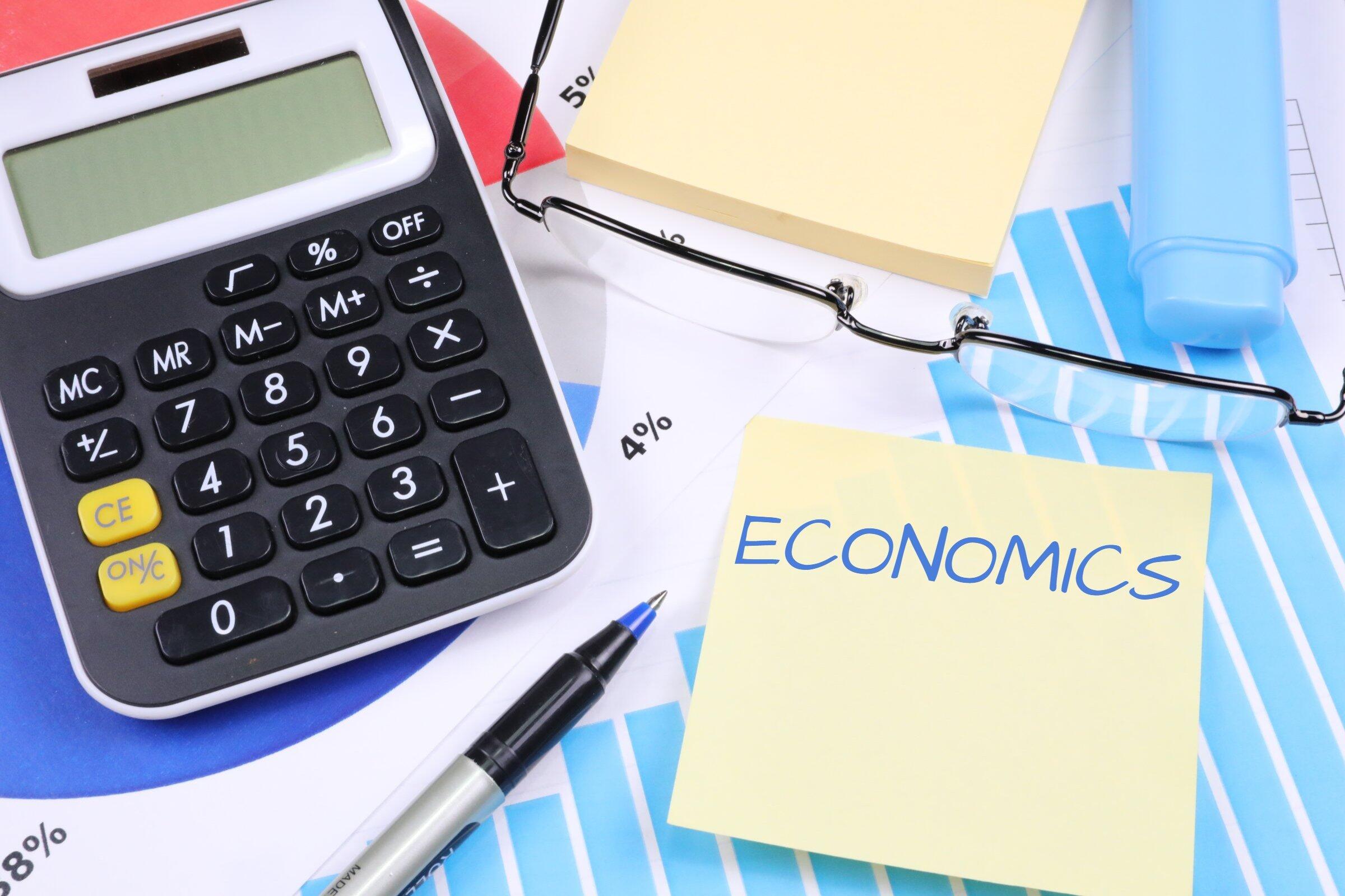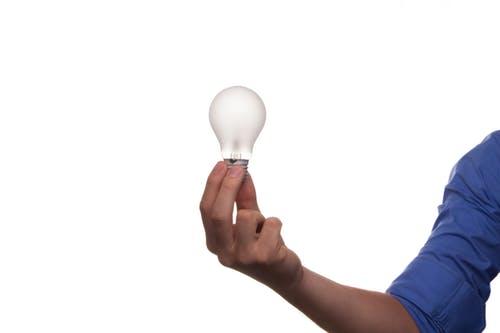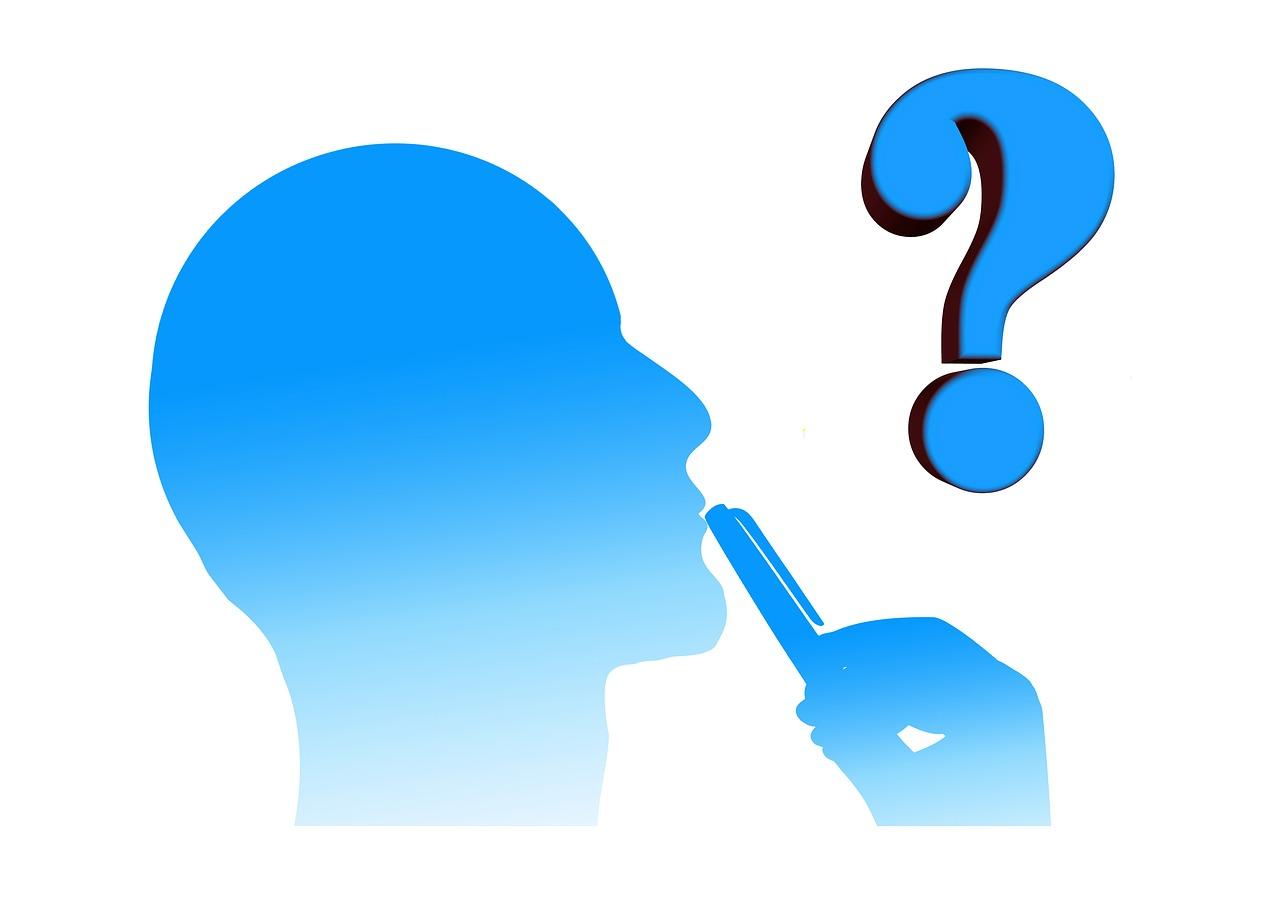Economics is often perceived as a complex subject, but it’s one of the most relevant and practical fields of study in our everyday lives. From understanding why prices rise to exploring how governments allocate resources, economics shapes the world we live in. For beginners, the subject can feel intimidating, but this guide to Economics 101 simplifies the concepts, introduces key terms, and provides resources to dive deeper into the field. Whether you're a student, a professional, or just curious about the subject, this article covers everything from the basic definition of Economics to the best books for Economics in 2024.

What is Economics?
At its core, economics is the study of how individuals, businesses, and governments make choices about allocating resources.
These resources could be money, time, labor, or materials, and economics aims to analyze the production, distribution, and consumption of goods and services.
Economics is divided into two main branches:
- Microeconomics: This branch focuses on individual units, such as consumers, firms, and markets. It examines how supply and demand affect prices and how individuals or businesses make decisions.
- Macroeconomics: This branch looks at the economy as a whole, focusing on national and global issues such as inflation, unemployment, and economic growth.
In simple terms, economics is about answering 3 fundamental questions:
What to produce?
This question addresses the selection of goods and services that should be produced given the finite resources available. Societies must decide which products are most important to meet the needs of their people. For instance, should resources be allocated to manufacturing consumer goods like electronics, or should they be used for essential commodities like food and healthcare? The decision is influenced by factors such as:
- Consumer demand: What do people value most?
- Resource availability: Are there enough raw materials for production?
- National priorities: Does the society prioritize economic growth, social welfare, or defense?
How to produce?
This question focuses on the methods and technologies used to produce goods and services efficiently. It involves decisions about the allocation of factors of production, such as labor, land, and capital. Should production rely on manual labor or automation? Should renewable energy sources be used instead of fossil fuels? Key considerations include:
- Cost-efficiency: How can resources be used to minimize production costs?
- Technology: Can innovation improve productivity and sustainability?
- Environmental impact: Are eco-friendly practices being implemented?
For whom to produce?
This question determines how the goods and services produced are distributed among the population. It addresses issues of equity and accessibility: Who will benefit from the output, and how are resources allocated between different social classes or regions? Factors influencing this decision include:
- Income distribution: Should resources be distributed equally, or should they reward those who contribute more to production?
- Economic system: In a capitalist economy, goods are allocated based on purchasing power, while in a socialist economy, distribution may aim for equality.
- Social priorities: Should resources be directed toward public goods, like education and healthcare, or left to market forces?
These questions help societies manage their limited resources effectively, making economics not just a science but a key to understanding how the world functions.
Basic Economic Terms for Beginners
For anyone starting with Economics basics, understanding common terms is essential. Here’s a table of some of the most frequently used economic terms and their meanings:
| Term | Definition |
| Demand | The quantity of a good or service consumers are willing to buy at a given price. |
| Supply | The quantity of a good or service producers are willing to sell at a given price. |
| Inflation | The rate at which the general level of prices for goods and services rises over time. |
| Gross Domestic Product (GDP) | The total value of all goods and services produced in a country in a specific period. |
| Opportunity Cost | The cost of the next best alternative foregone when making a decision. |
| Fiscal Policy | The cost of the next best alternative is foregone when making a decision. |
| Monetary Policy | Central bank actions that manage the supply of money and interest rates. |
| Market Equilibrium | The point where demand and supply meet determines the price of a good/service. |
| Recession | A significant decline in economic activity across the economy for a prolonged period. |
| Scarcity | The fundamental economic problem of having limited resources to meet unlimited wants. |
| Elasticity | The skills, knowledge, and experience possessed by individuals, are viewed as an economic resource. |
| Comparative Advantage | The ability of a country or individual to produce a good or service at a lower opportunity cost than others. |
| Trade Deficit | Occurs when a country imports more goods and services than it exports. |
| Marginal Utility | The additional satisfaction or benefit gained from consuming one more unit of a good or service. |
| Externality | A cost or benefit incurred by a third party not involved in the economic transaction (e.g., pollution). |
| Budget Deficit | The situation when a government's expenditures exceed its revenues. |
| Human Capital | The skills, knowledge, and experience possessed by individuals, viewed as an economic resource. |
Economics: The Polarising Science
Economics is often called the "dismal science" due to its focus on scarcity and trade-offs. However, it is also one of the most polarizing and debated fields of study. This stems from the fact that economic theories are not purely objective; they often reflect the values and assumptions of the economists who propose them.
Why is Economics Polarising?
- Divergent Schools of Thought: Economics includes a variety of ideologies, such as capitalism, socialism, and Keynesianism, each proposing different ways to manage resources. These schools often conflict over the role of government in the economy.
- Data Interpretation: Economists interpret data differently based on their methods and models, leading to contrasting policy recommendations.
- Political Influence: Economic policies often serve political agendas, further complicating the impartiality of the field.
Despite these challenges, economics remains a vital tool for addressing issues such as poverty, inequality, and climate change. Its principles are essential for crafting policies that aim to improve the quality of life globally.

Top Economics Books to Read in 2024
- Principles of Economics by N. Gregory Mankiw: A comprehensive introduction to foundational economic concepts.
- Basic Economics by Thomas Sowell: A jargon-free guide to understanding how economies work.
- Doughnut Economics by Kate Raworth: A fresh take on rethinking economic systems for sustainability.
- Good Economics for Hard Times by Abhijit V. Banerjee and Esther Duflo: Evidence-based insights into solving global socio-economic challenges.
- The Globalization Myth by Shannon K. O’Neil: An exploration of the realities and misconceptions surrounding global trade.
- The Undercover Economist by Tim Harford: A witty and accessible dive into the economic forces behind daily life.
- Freakonomics by Steven D. Levitt and Stephen J. Dubner: A fascinating look at the hidden side of everyday economic decisions.
- Capital in the Twenty-First Century by Thomas Piketty: A deep dive into wealth inequality and its implications.
How Economics Shapes Everyday Life
Economics is deeply embedded in our daily routines, influencing decisions we make as individuals, families, businesses, and governments. From managing household budgets to evaluating government actions, economics is a practical tool that equips us to navigate the complexities of modern life effectively. At its core, economics helps us understand how to allocate limited resources effectively, and this principle plays out in numerous ways every day.
Personal Finance
On a personal level, economics governs how we budget our income. Decisions such as saving for the future, investing in education, or purchasing a car all involve weighing opportunity costs — the benefits we give up when choosing one option over another. Concepts like inflation and interest rates also affect how we save or spend money, influencing our financial planning and investments.
Consumer Choices
Every time we shop, we experience the laws of supply and demand. Discounts during sales events or rising prices for popular products are examples of market forces at work. Understanding these principles helps consumers make informed decisions, like knowing when to wait for a price drop or stock up on essentials during price hikes.

Employment and Career Decisions
Labor market dynamics, including job availability and wage levels, are driven by economic forces. Knowledge of these trends can help individuals make strategic career choices, such as entering high-demand fields or negotiating salaries based on market conditions.
Policy Impact
Economic policies like taxes, subsidies, or government spending directly affect our lives. For instance, tax cuts might increase disposable income, while subsidies on essential items make goods more affordable. Understanding economics empowers citizens to assess these policies and their implications.
Nobel Prize for Economics: Celebrating Excellence
The Nobel Prize for Economics, formally known as the Sveriges Riksbank Prize in Economic Sciences in Memory of Alfred Nobel, is awarded annually to individuals who have made outstanding contributions to the field.
History of the Prize
Established in 1968 by the Swedish central bank, the Nobel Prize for Economics honors exceptional achievements in economic sciences. Unlike the original Nobel Prizes established in 1895, the economics award was added later but holds the same prestige.
The first-ever Nobel Prize in Economics was awarded in 1969 to Ragnar Frisch and Jan Tinbergen for their pioneering contributions to the development of econometrics.
Ragnar Frisch, a Norwegian economist, was recognized for his work in mathematical economics and econometrics.
Jan Tinbergen, a Dutch economist, was honored for his development of mathematical models to explain economic phenomena.
Their joint work was foundational in applying statistical and mathematical techniques to economic data, helping to shape modern economic analysis and policy formulation.
The Nobel Prize not only celebrates intellectual achievements but also highlights how economic theories can impact global development.
Notable Laureates
- Paul Samuelson (1970): The first American to win the Nobel Prize in Economics, Samuelson revolutionized economic theory by introducing mathematical modeling, laying the foundation for modern economics.
- Milton Friedman (1976): A leader in monetarism, Friedman emphasized the importance of controlling the money supply to manage inflation. His work profoundly influenced global monetary policies.
- Amartya Sen (1998): Known for his contributions to welfare economics, Sen developed the Human Development Index (HDI) and explored issues like poverty, inequality, and famine.
- Elinor Ostrom (2009): The first woman to win the Economics Nobel, Ostrom challenged traditional views of resource management by showing how communities can sustainably manage common resources without centralized regulation.
- Esther Duflo, Abhijit Banerjee, and Michael Kremer (2019): This trio was recognized for their experimental approach to alleviating global poverty, using randomized controlled trials to evaluate policy effectiveness.
- Robert Shiller (2013): A behavioral economist, Shiller analyzed how psychological factors influence financial markets, enhancing understanding of asset bubbles and market volatility.
Throughout history, economists have shaped how we understand and manage resources, influencing everything from government policies to global markets.
Here are some of the most influential economists you should know:
- Adam Smith (1723–1790): Known as the "Father of Modern Economics," Adam Smith introduced the concept of the "invisible hand," which explains how self-interest drives market efficiency. His seminal work, The Wealth of Nations, laid the foundation for classical economics and free-market capitalism.
- John Maynard Keynes (1883–1946): A pioneer of macroeconomics, Keynes revolutionized the field by emphasizing the role of government in stabilizing economies. His ideas on fiscal and monetary policy, detailed in The General Theory of Employment, Interest, and Money, became the cornerstone of modern economic theory.
- Milton Friedman (1912–2006): A staunch advocate for free markets, Friedman championed the idea that monetary policy, rather than fiscal policy, is key to controlling inflation. His contributions earned him the Nobel Prize in 1976.
- Amartya Sen (1933–): An Indian economist renowned for his work on welfare economics, poverty, and social justice. Sen’s groundbreaking contributions to measuring economic progress earned him the Nobel Prize in 1998.
- Karl Marx (1818–1883): Although controversial, Marx profoundly influenced economic thought by critiquing capitalism. His works, including Das Kapital, laid the groundwork for socialist and communist ideologies.
Mastering Economics Basics for Life
Economics is not just an academic subject; it is a practical tool for navigating everyday life and making informed decisions. By understanding economics basics, such as supply and demand, opportunity cost, and inflation, you can better manage your finances, plan for the future, and critically evaluate policies that affect your community and the world. Economics provides a framework for understanding how resources are distributed and how individual choices collectively shape markets and societies.
Whether you’re a beginner exploring Economics 101 or someone delving deeper into the subject with the best books for economics in 2024, the knowledge you gain will have a lasting impact. From personal budgeting to global trade, economics is the key to understanding the forces that drive our world. Start small, ask questions, and embrace the journey of learning economics to empower yourself for a more informed and financially secure life.
Summarise with AI:
























